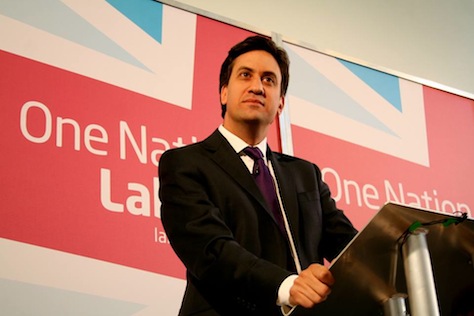Last week, when Estonia’s nine-year prime minister Andrus Ansip stepped down, virtually everyone thought that Estonia’s European commissioner Siim Kallas (himself, briefly, a former prime minister) would step into Ansip’s shoes as the Eesti Reformierakond (Estonian Reform Party) prepares to put itself on a stronger footing for expected March 2015 elections.![]()
After all, Kallas helped found the Reform Party in the mid-1990s, served as a highly regarded president of Estonia’s central bank in the early 1990s, and held several posts in government before leaving for Brussels in 2004, where he’s amassed plenty of additional experience — as a vice president of the European Commission since 2010.
Instead, Kallas faced renewed controversy over $100 million in loan guarantees that he signed while central bank governor in 1994. Moreover, the concept that Kallas could wage a shadow campaign for prime minister while still officially a member of the European Commission ruffled feathers in both Tallinn and Brussels — even more so in light of open rumors that Kallas and Ansip would simply trade jobs, with Ansip stepping into Kallas’s shoes at the Commission.
Kallas formally ruled out a return as prime minister on Wednesday, and the Reform party nominated instead Taavi Rõivas (pictured above), social affairs minister since just December 2012. At age 34, he would be the youngest head of government in Europe, and notably, the first Estonian leader who was just a child when the Soviet Union collapsed — Estonia won its independence just five days short of Rõivas’s 12th birthday. Continue reading Who is Taavi Rõivas? A look at Estonia’s likely new prime minister

